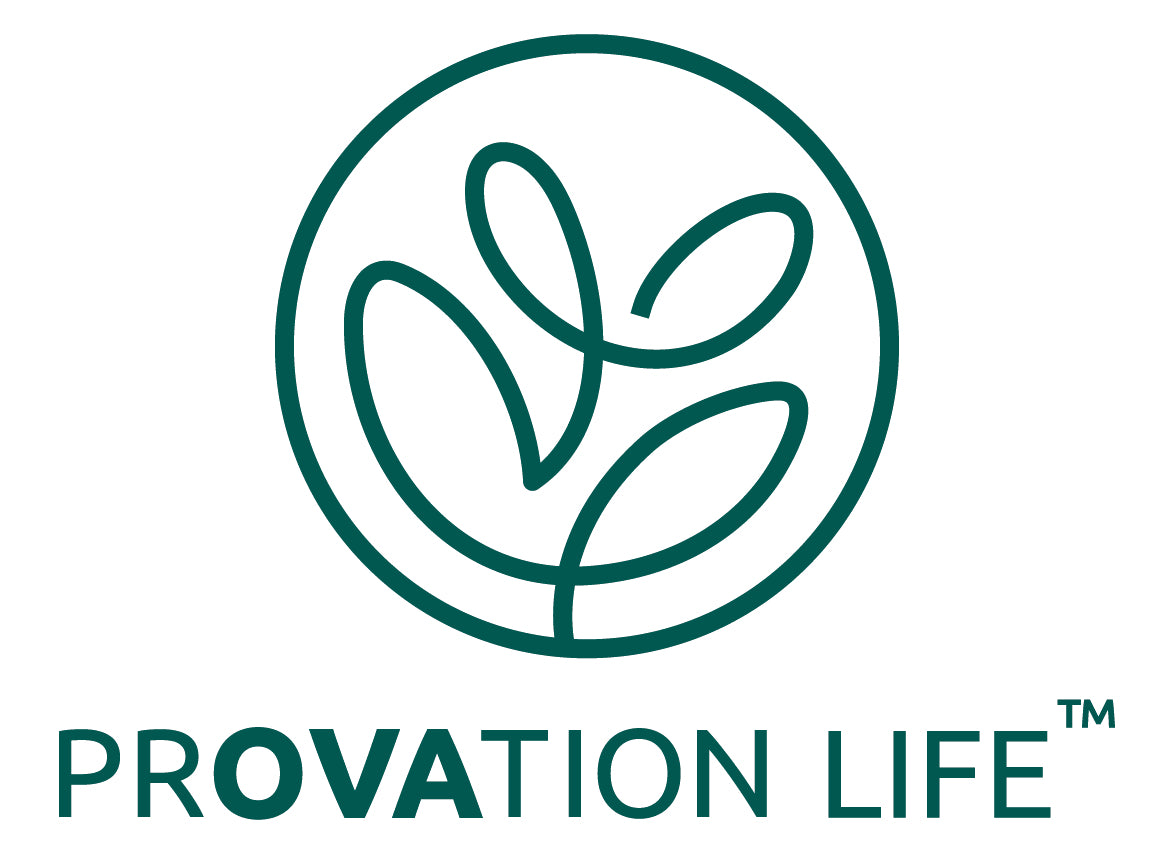The Power of Slow Weighted Workouts: A Game-Changer for Women with PCOS
by Herman Weiss on Jul 20, 2023
When it comes to managing Polycystic Ovary Syndrome (PCOS), exercise plays a vital role in improving overall health and alleviating symptoms. While there are various workout options available, slow weighted workouts have emerged as a game-changer for women with PCOS. In this article, we will delve into the importance of incorporating slow weighted workouts into your fitness routine and how they can positively impact your journey with PCOS.
Understanding Slow Weighted Workouts
Slow weighted workouts, also known as resistance training or strength training, involve performing exercises using external resistance such as dumbbells, resistance bands, or weight machines. The focus is on controlled movements with an emphasis on muscle contraction and gradual progression over time. Unlike high-intensity workouts, slow weighted exercises are gentler on the body, making them ideal for women with PCOS.
The Benefits for Women with PCOS
-
Hormonal Balance: Slow weighted workouts promote hormonal balance by reducing insulin resistance, a common issue among women with PCOS. Resistance training enhances insulin sensitivity, leading to better blood sugar regulation and improved metabolic health.
-
Weight Management: PCOS is often associated with weight gain and difficulties in losing weight. Slow weighted workouts help build lean muscle mass, which boosts metabolism and facilitates weight management. Additionally, muscle tissue burns more calories at rest than fat tissue, aiding in long-term weight control.
-
Improved Insulin Sensitivity: Insulin resistance is a key factor in PCOS, leading to increased levels of insulin in the bloodstream. Slow weighted workouts enhance insulin sensitivity, allowing the body to use insulin more effectively. This can help regulate hormone levels and reduce the risk of diabetes.
- Enhanced Mental Well-being: Exercise has a profound impact on mental health, and slow weighted workouts are no exception. Engaging in resistance training releases endorphins, which are natural mood boosters, and helps reduce stress and anxiety commonly associated with PCOS.
Getting Started with Slow Weighted Workouts
-
Consult with your healthcare professional: Before starting any exercise program, it's essential to consult with a healthcare professional or certified fitness trainer who has experience working with women with PCOS. They can provide guidance tailored to your specific needs and ensure that you exercise safely and effectively.
-
Start Slowly: Begin with light weights or resistance bands and gradually increase the load as your strength and confidence grow. Focus on proper form and technique to prevent injuries.
-
Include a Variety of Exercises: Incorporate a range of slow weighted exercises that target different muscle groups. Squats, lunges, chest presses, rows, and shoulder presses are examples of compound exercises that engage multiple muscles simultaneously.
- Consistency is Key: Aim for at least two to three sessions of slow weighted workouts per week, allowing for adequate rest and recovery between sessions. Consistency is crucial in achieving long-term benefits.
Conclusion
Slow weighted workouts offer immense benefits for women with PCOS, from hormonal balance and weight management to improved insulin sensitivity and enhanced mental well-being. By incorporating resistance training into your fitness routine, you can take a proactive approach towards managing PCOS and nurturing a healthier, happier you. Remember, always listen to your body and make modifications as needed, and consult with professionals for personalized advice. Embrace the power of slow weighted workouts and embark on a journey of empowerment and transformation.
Related resource:
The 7 Best Types of Exercises to Improve Polycystic Ovarian Syndrome (PCOS)












